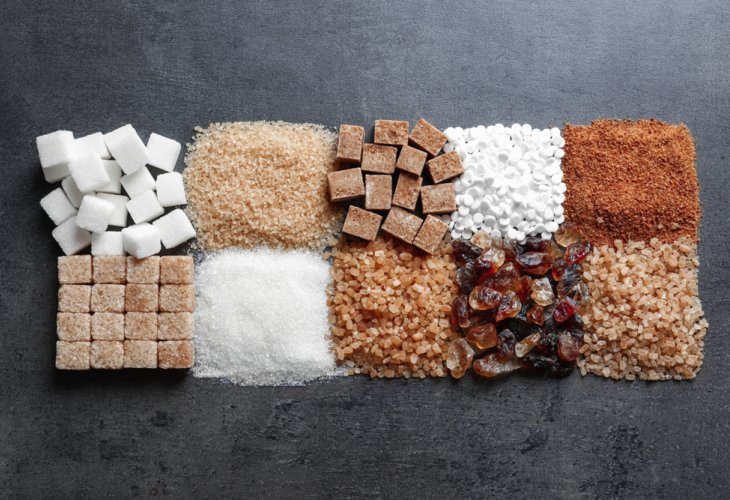The Surprising Truth About Artificial Sweeteners and Weight Gain
Why do 'diet' sweeteners potentially lead to weight gain?
 (Photo: shutterstock)
(Photo: shutterstock)Artificial sweeteners are marketed as sugar substitutes for those looking to lose weight or for diabetics, but a study published in NATURE suggests that these sweeteners might actually increase glucose intolerance. This means the sugar remains in the blood and doesn't enter the cells, thus elevating the risk of developing type 2 diabetes.
Professor Eran Segal and Dr. Eran Elinav from the Department of Immunology at the Weizmann Institute of Science led the study. Researchers have long wondered why low-calorie sweeteners don't aid in weight reduction but instead contribute to weight gain.
In the initial phase of the research, scientists gave mice water mixed with three common sweeteners—saccharin, aspartame, and sucralose—in doses approved by the U.S. Food and Drug Administration. These mice developed greater glucose intolerance compared to mice that drank plain water or sugar water. Repeating the experiment with different mouse breeds yielded the same results.
Subsequently, researchers examined the hypothesis that gut bacteria are involved and possibly responsible for this phenomenon. Gut bacteria react to artificial sweeteners not absorbed during digestion, causing significant changes in their populations and functions, influencing obesity and diabetes.
The team also investigated this in humans. They asked a group of volunteers who do not typically consume artificial sweeteners to start doing so for a week. Throughout the week, researchers monitored glucose levels and gut bacteria in the volunteers' bodies. The findings showed that many began developing glucose intolerance after only one week of consuming sweeteners.
The sudden change was attributed to gut bacteria composition: scientists discovered two gut bacteria populations in humans—one that increased glucose intolerance after the consumption of artificial sweeteners, and another that didn't affect blood sugar levels when sugar water was consumed.
Dr. Elinav explains that artificial sweeteners cause bacteria to secrete a substance that triggers an inflammatory response, similar to a reaction from sugar overdose. This leads to the development of the health problems they were initially meant to prevent—diabetes, glucose intolerance, and obesity.
The only sweetener that doesn't raise blood sugar levels is stevia. It can be consumed in drops or powder form, and it's essential to ensure it's made with 100% stevia.
Editor's Note (D.B.): In a previous article, in newsletter 408 for the Korach Torah portion, severe concerns regarding the use of saccharin were published. Although the concern is justified, it's crucial to highlight that scientific consensus doesn't recognize medical harm: Studies from 2016-2017 found no risk of weight loss or other metabolic issues [Wikipedia: Sugar substitute - Health effects]. A preliminary and limited study by the Weizmann Institute indicates a potential to develop diabetes, but these findings still lack rigorous examination. The conclusion is there's reason for concern, but it's not yet scientifically proven that saccharin consumption is harmful to humans.
To schedule a free house concert with Rabbanit R. Bazri, call 073-2221240

